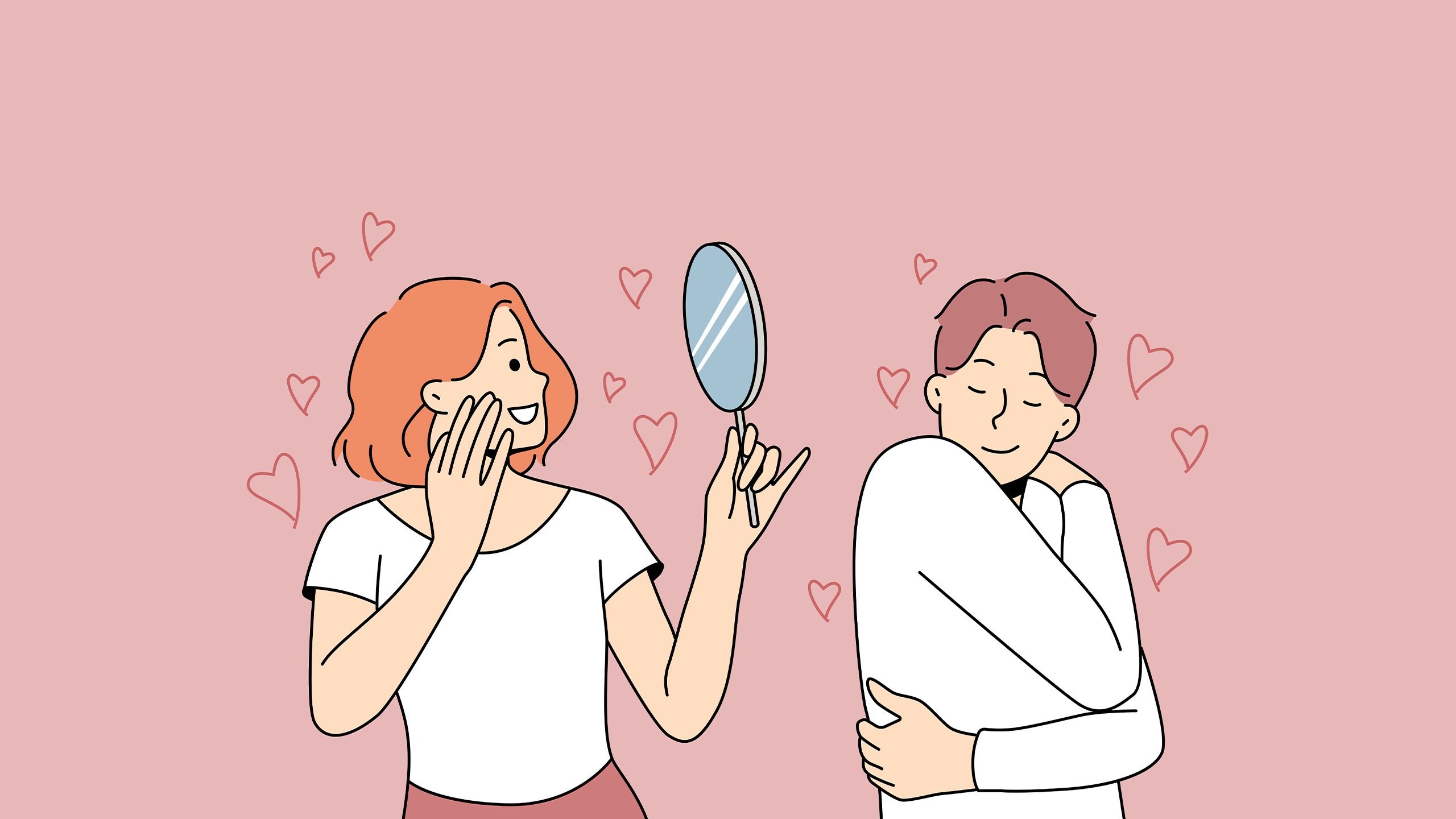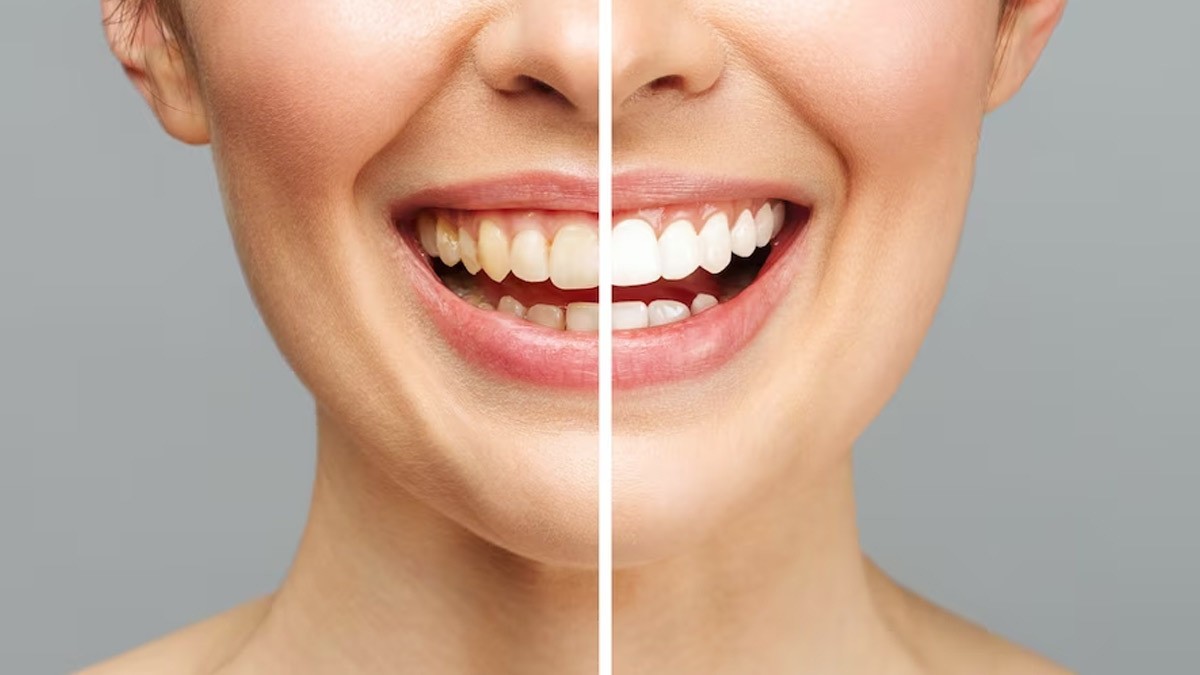
Recent research led by Dr. Daniel Kaplan at the University of Pittsburgh has shed light on the complex role of scratching in response to itchiness. While scratching is often discouraged due to its potential to exacerbate skin conditions, this study uncovers both its benefits and drawbacks.
The research, conducted on mice with allergic contact dermatitis, revealed that scratching activates pain-sensing neurons, leading to the release of substance P, a neuropeptide. This release stimulates mast cells, which are integral to the body's immune response. Consequently, scratching can reduce the levels of harmful bacteria, such as Staphylococcus aureus, on the skin, suggesting an evolutionary advantage in defending against pathogens.
However, the study also found that this same mechanism can intensify inflammation. The activation of mast cells through substance P not only helps in bacterial defense but also attracts neutrophils, leading to increased swelling and exacerbation of skin conditions. This dual effect indicates that while scratching may offer immediate relief and some protective benefits, it can also worsen inflammatory responses, particularly in chronic skin diseases.
Dr. Kaplan's findings aim to inform the development of new therapies for inflammatory skin conditions, such as dermatitis, rosacea, and hives. By understanding the dual nature of scratching—both its protective and harmful effects future treatments can be designed to mitigate the negative consequences while enhancing the benefits.
In summary, while scratching an itch can provide temporary relief and may help reduce certain bacterial populations on the skin, it also has the potential to worsen inflammation and exacerbate skin conditions. This nuanced understanding underscores the importance of balanced approaches in managing itch and developing targeted therapies for skin disorders.
Post a comment
Is Micro-Mance the Secret to Lasting Romance?
- 31 Mar, 2025
- 2
Your Coffee Deserves This Simple, Flavor-Boosting Trick!
- 07 Apr, 2025
- 2
Can Salt & Mustard Oil Really Whiten Your Teeth?
- 02 Apr, 2025
- 2
Don’t Miss Out! Plan Long Weekends Like a Pro in...
- 02 Jan, 2025
- 2
The Tragic Story Behind International Mother Language Day!
- 21 Feb, 2025
- 2
Categories
Recent News
Daily Newsletter
Get all the top stories from Blogs to keep track.

















